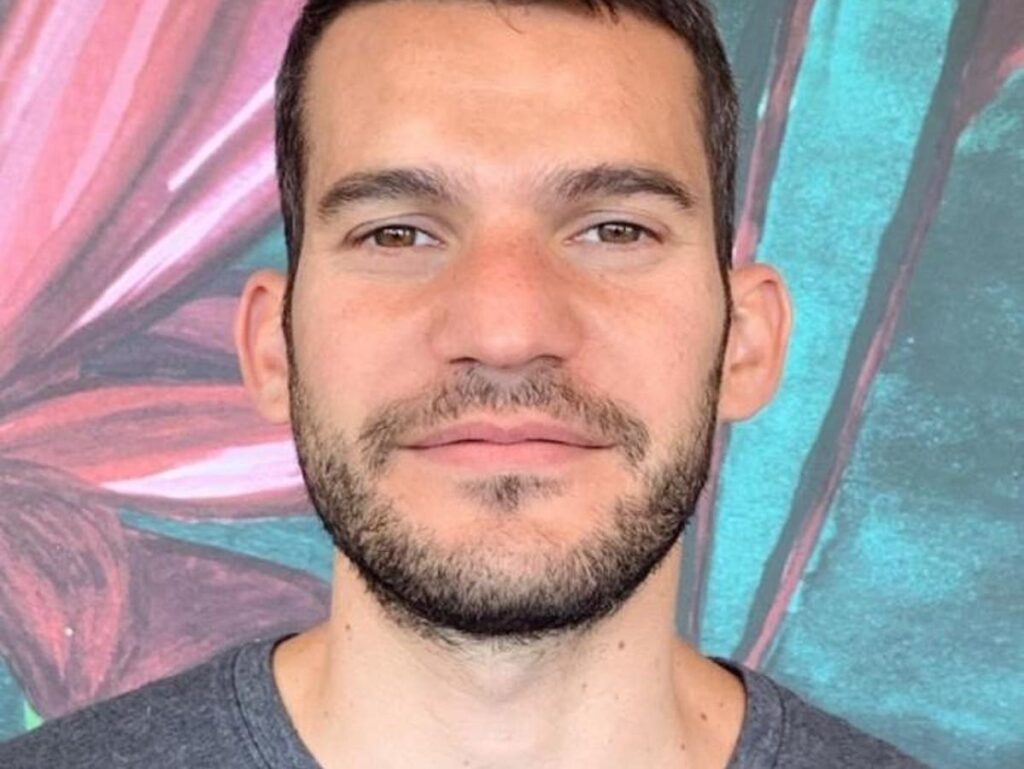About 25 years ago, at the age of 16, Sara Lynn Farnsworth was in a rock climbing accident and it looked like she would be paralyzed from the chest down. But over years of rehab, she eventually learned to walk with a cane. Still, about five years ago, she realized she needed something more to help her manage long distances. That meant a device different from an electric scooter or wheelchair—a lightweight, small, fast mobility electric scooter able to easily fit and be transported in a vehicle. “I needed something that didn’t exist,” she says.
Last year, she learned about the pilot of a new, four-week pre-accelerator program for entrepreneurs with disabilities with ideas for tech-driven startups, but not much more than that. Called Venture Labs, it was run by 2Gether-International, a startup accelerator for founders with disabilities, and JPMorganChase. She was accepted and now hopes to enter a 2Gether accelerator program for startups further along in their trajectory.
Recently, Venture Labs launched its first full-fledged pre-accelerator program with about 30 entrepreneurs. “We’re changing the narrative about disabled people in the business arena, while meeting their need for community,” says Santiago Garcia Mendez, 2GI’s community manager for Venture Labs and a serial entrepreneur who also has two uncles and two nephews with disabilities.
A Focus On Ideas
2Gether-International (2GI) got started about five years ago, aimed at seed-stage companies run by people with disabilities. But its founders realized there was a need for a program targeting founders at an even earlier phase, especially for entrepreneurs with disabilities who tend to have little access to funding.
“We realized there were so many people with ideas, but the accelerator program was only for existing startups,” says Mendez.
Venture Labs’ founders decided four weeks was enough to provide a program able to help entrepreneurs validate their ideas. That would include a self-paced curriculum presented via one-hour videos on such topics as how to pinpoint buyers and create a problem statement, plus group sessions to discuss homework and hear guest speakers, typically founders themselves. The homework assignments ultimately could produce documents to be included in a presentation deck. Mendez also connects participants with mentors, who often are experts with relevant technology experience.
Another major goal: to address loneliness. While that’s typically an issue for all entrepreneurs, it’s particularly problematic for entrepreneurs with disabilities, according to Mendez. There’s also an online Wednesday coffee chat to help build a sense of community. “These are connections that can last forever,” he says.
The program ends with an in-house pitch competition, not aimed at raising money as much as experiencing what such events are like.
Over the next two or so years, 2Gether plans to expand its pre-accelerator and accelerator programs to Latin America, according to Mendez.
As for Farnsworth, she envisions that her Las Vegas company, Platypus Mobility Scooters, will target customers with disabilities, as well as others who might want an easy way to transport themselves over long distances. And she hopes to tackle issues related to manufacturing and distributing the scooters.
Read the full article here

